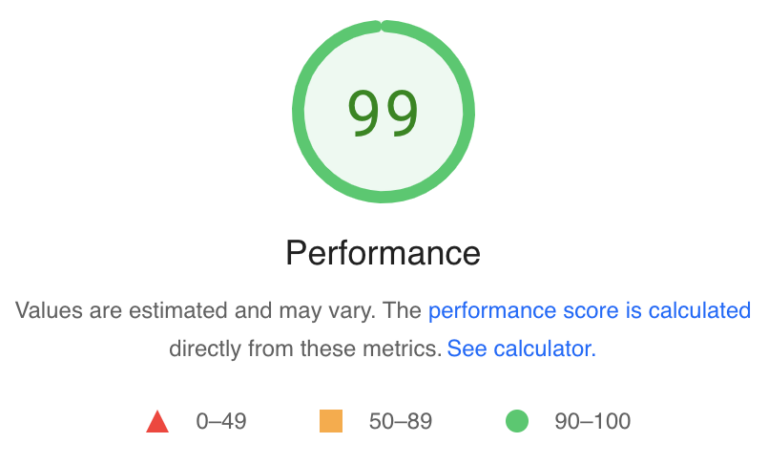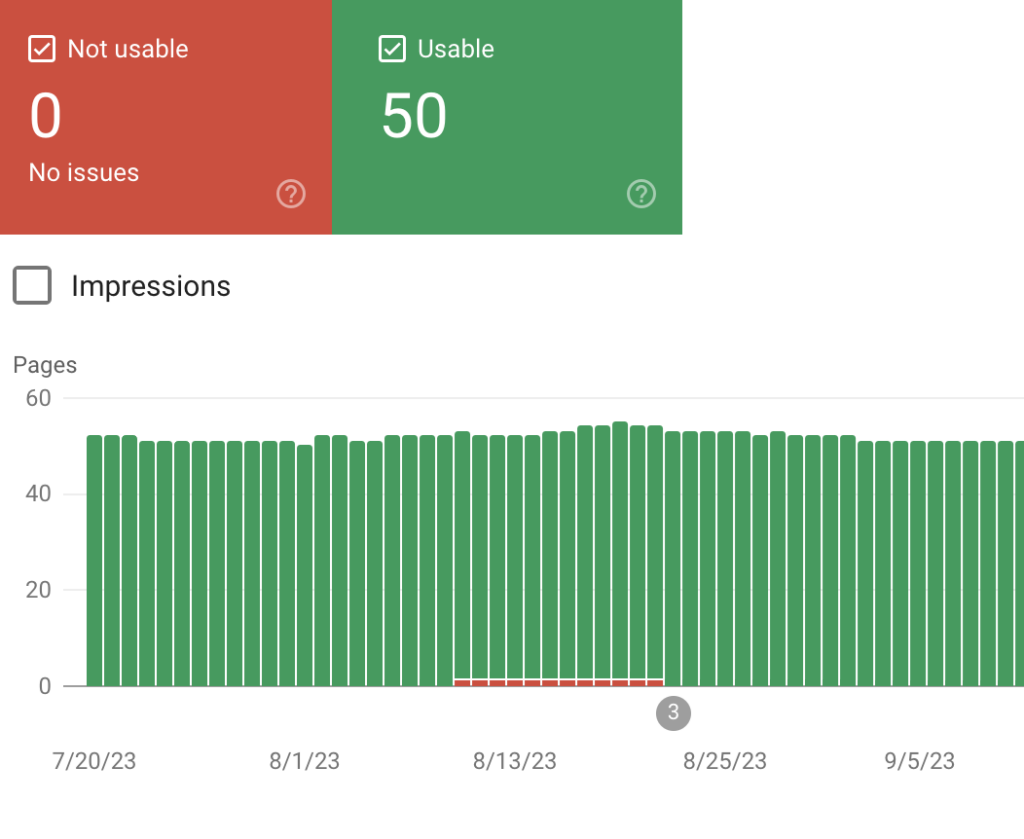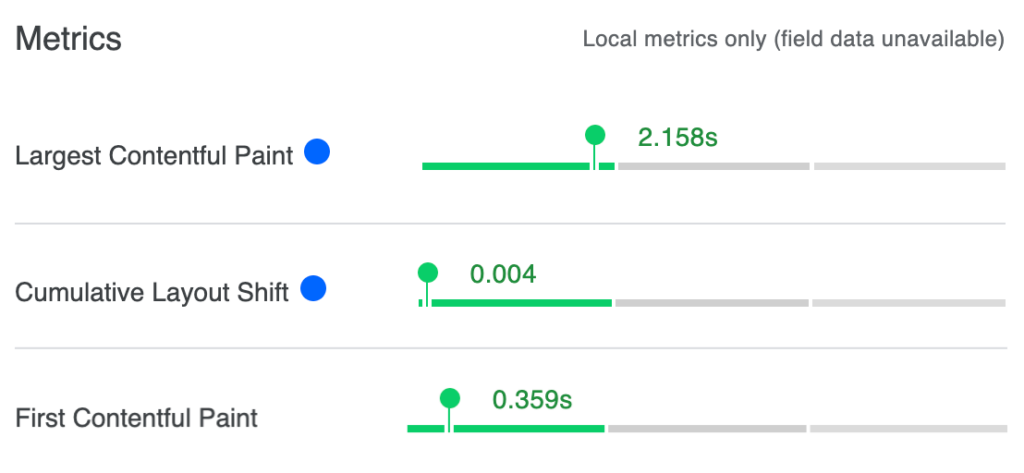In today’s rapidly evolving digital realm, the performance of a website holds the power to determine its destiny. While crafting top-notch content and fine-tuning keyword strategies stand as foundational pillars of search engine optimization (SEO), it’s essential to recognize that technical SEO bears an equal and vital responsibility. This behind-the-scenes wizardry plays a pivotal role in not only securing high search engine rankings but also in guaranteeing a frictionless user journey. In the following discussion, we’ll explore the profound significance of technical SEO and its profound impact on the holistic performance of your website.
What Is Technical SEO?
Before delving further into this topic, let’s shed light on what technical SEO truly encompasses. Technical SEO is the meticulous process of fine-tuning your website’s underlying structure and elements to elevate its crawlability, indexability, and overall performance. It concentrates on the concealed facets that search engines rely upon to assess and position websites in their rankings. These hidden factors encompass website speed, mobile adaptability, structured data implementation, and a myriad of other elements essential for optimal search engine visibility.
Key Aspects of Technical SEO
Website Speed and Page Load Times
Website speed is a critical factor in today’s digital world. Users expect websites to load quickly, and search engines like Google consider page speed when ranking websites. Slow-loading pages can result in higher bounce rates and lower search engine rankings. Technical SEO involves optimizing elements like image sizes, server response times, and code efficiency to improve website speed.
Structured Data Markup


Mobile Optimization
SSL Certificate and Website Security
Website security is paramount for both users and search engines. Having a secure website with an SSL certificate not only protects user data but also improves your SEO ranking. Search engines favor secure websites and may penalize those without SSL certificates.

XML Sitemaps and Robots.txt
Creating and maintaining XML sitemaps and robots.txt files are technical SEO practices that guide search engines on which pages to crawl and index. Properly configuring these files can ensure that search engines discover and index your content efficiently.
Canonicalization and URL Structure
Technical SEO also involves setting up canonical tags to avoid duplicate content issues and ensuring a clean and logical URL structure that is both user-friendly and search engine-friendly.
Impact on User Experience
A pivotal facet of technical SEO lies in its profound influence on user experience. A finely-tuned and well-optimized website doesn’t merely secure a higher standing in search engine results; it also affords visitors a markedly improved experience. Swift-loading pages, adaptability to mobile devices, and the assurance of secure connections all serve as cornerstones of user satisfaction. This, in turn, fosters heightened engagement levels and bolsters conversion rates, underscoring the symbiotic relationship between technical SEO and the holistic success of your digital endeavors.
Although technical SEO may not garner the same spotlight as on-page SEO techniques or the creation of compelling content, it remains an indispensable cornerstone of your website’s triumph. Overlooking technical SEO can lead to lackluster performance, diminished visibility in search engine results, and the regrettable forfeiture of potential opportunities. However, when you commit to the investment in technical SEO, diligently fortifying your website’s infrastructure, you set in motion a series of benefits. These include the enhancement of user experiences, elevation of search engine rankings, and the ultimate achievement of increased web traffic and conversions. In the unceasingly competitive online arena, technical SEO emerges as an indispensable facet of any triumphant digital strategy.



